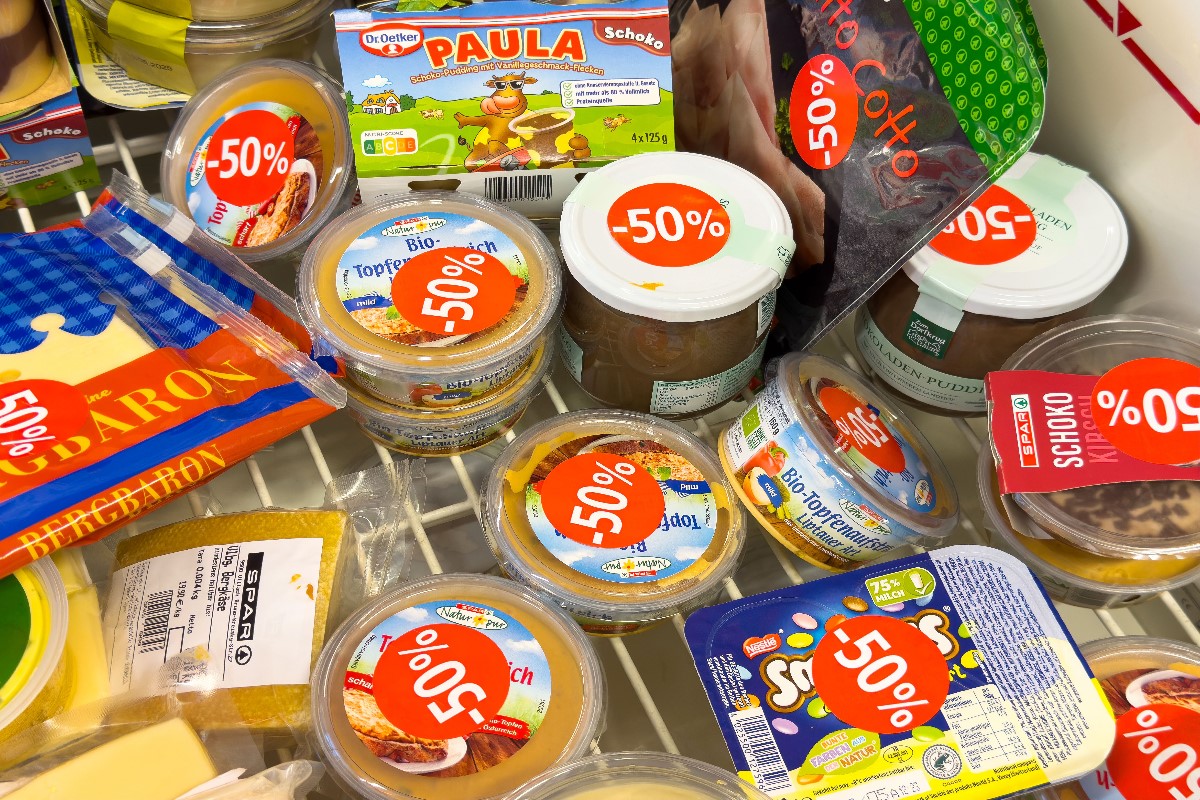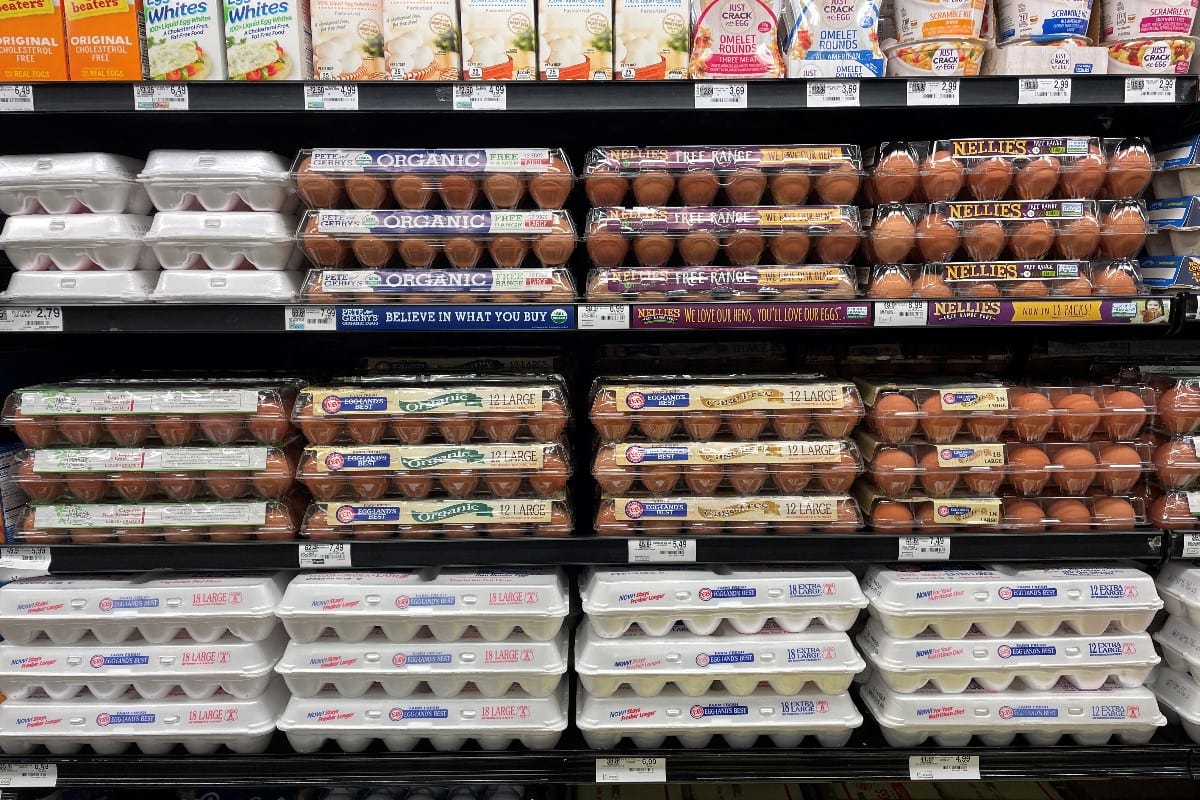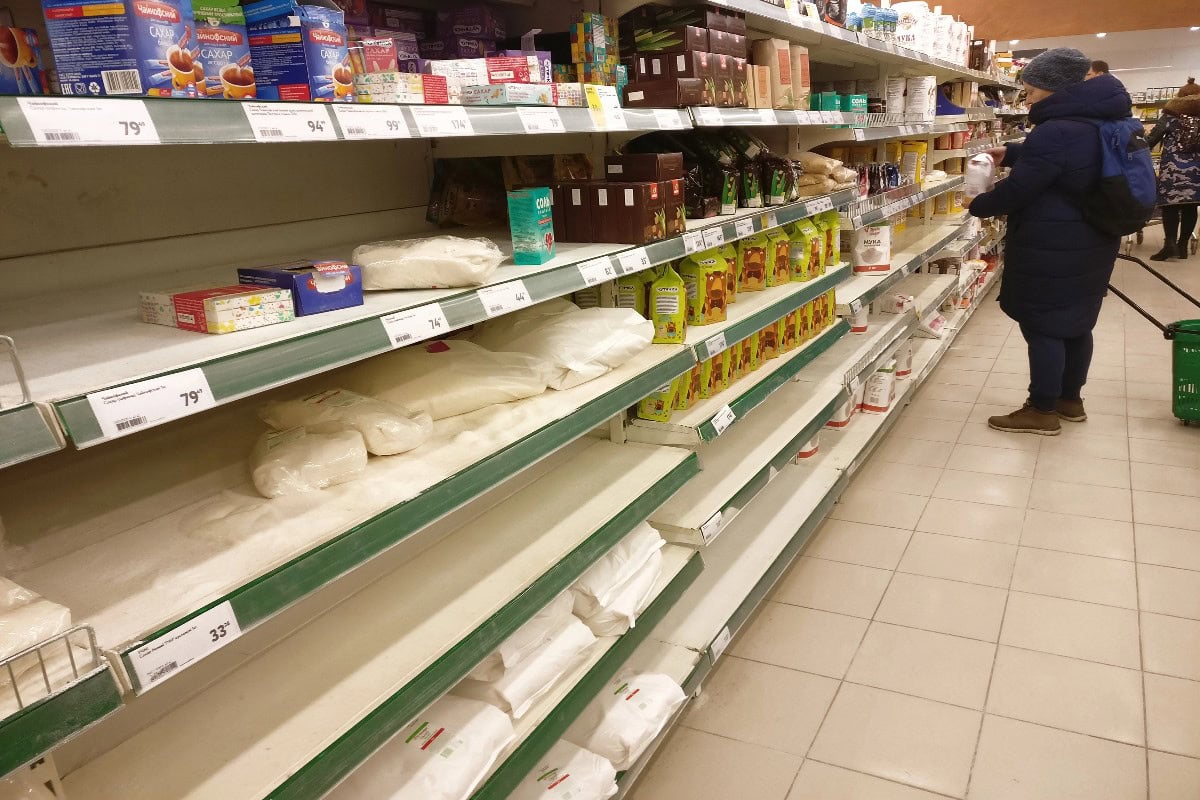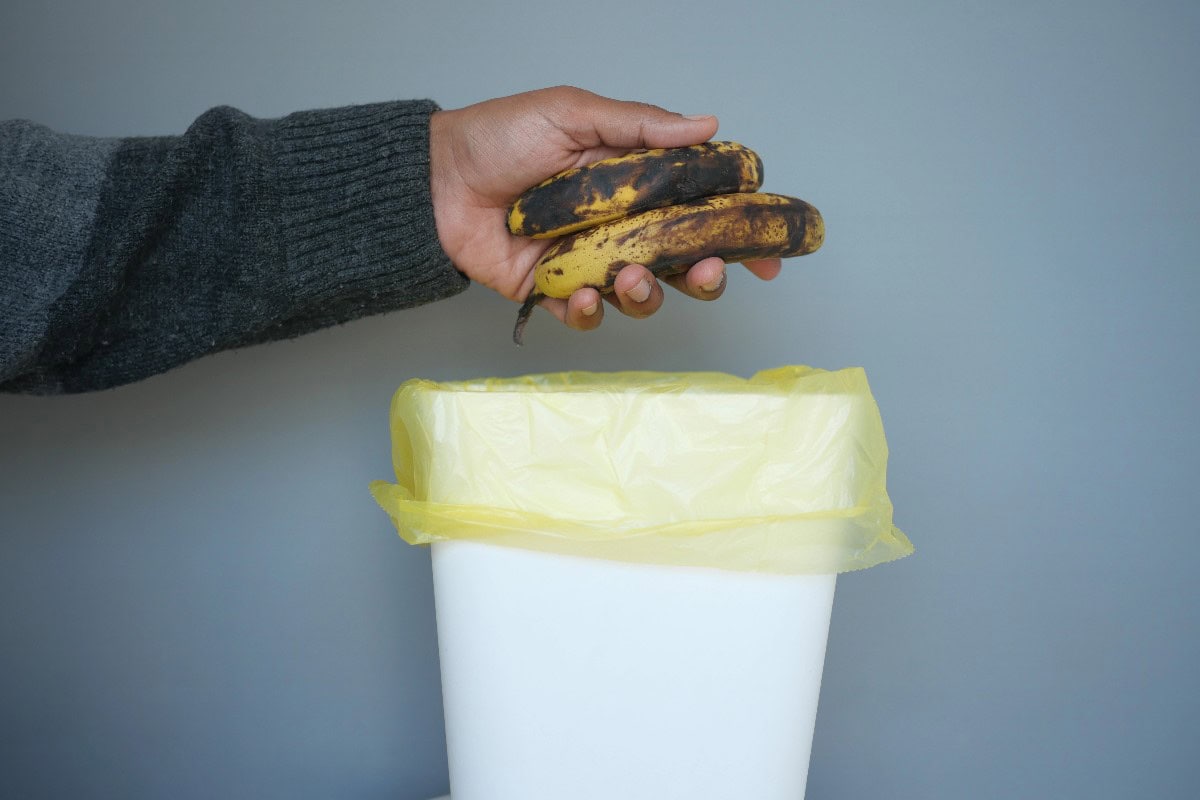This post may contain affiliate links which means I will get a commission if you make a purchase at no additional cost to you. As an Amazon Associate I earn from qualifying purchases. Please read my disclosure for details.
In the quiet aisles of modern supermarkets, a silent language speaks through tiny printed numbers on boxes, bottles, and cans. Expiry dates are among the most misunderstood markings in the grocery industry, frequently shaping the way consumers shop, cook, and discard food.
Yet behind those neat rows of digits lies a deeper truth that many grocery chains quietly prefer you not to question.
Expiry Dates are Not Legally Required for Most Foods

WANT TO SAVE THIS RECIPE?
In the United States and Canada, except for infant formula, expiry dates are not federally mandated for most food products. Instead, the dates are chosen by manufacturers to indicate peak quality rather than safety. This allows stores to move products faster by encouraging early disposal.
Best Before and Expiry do Not Mean the Same Thing

“Best before” dates suggest when a product is at its freshest, while “expiry” dates are used only for items that could become unsafe after a certain point. Grocery stores often label both with the same urgency, leading shoppers to treat all dates as expiration dates.
Products are Often Good Well Past the Printed Date

Many non perishable foods, such as dry pasta, canned vegetables, and rice, can last months or even years beyond their date when stored properly. Stores rarely explain this because expired products lose market appeal, even when perfectly safe. The result is billions of dollars in wasted food each year, driven by aesthetics rather than science.
Deli Meats and Dairy Often have Conservative Dates

Because these items are perishable, manufacturers err on the side of caution when assigning their dates. However, unopened packages of yogurt, cheese, and cold cuts can remain edible for days or weeks after the label says otherwise. Grocery staff often rotate out these products early to maintain their reputation, even if they are still entirely usable.
Discounted Items Close to Expiry are Usually Fine

Clearance racks filled with near dated items can offer safe, high quality products at a fraction of the original cost. Stores know many of these are still in peak condition, but price them low to make room for fresh stock. For consumers who understand storage and safety, this section can be a source of real value.
Fresh Produce Rarely Comes with Expiry Dates

Instead of a printed date, stores rely on appearance, feel, and scent to judge fruits and vegetables. But even when they show signs of over ripeness, many can be used in smoothies, baking, or cooked dishes. Grocery chains quietly discard huge quantities of edible produce, confident that customers will not question its absence from shelves.
Related Post: 13 Deceptive Marketing Tricks Food Companies Use to Mislead You
Bakery Items are Often Pulled Prematurely

Store baked goods tend to be labeled with a very short shelf life to preserve texture and freshness. Yet many of these items, such as muffins and breads, remain delicious for several days afterward if stored properly. Some stores freeze them the day they are pulled and quietly sell them later, defying their labeling.
Related Post: 10 Banned Food Ingredients That Are Still Legal in the US
Meat and Fish Dates are Highly Influenced by Display Time

To maximize turnover, stores often label meat and seafood with dates that reflect the expected sell by window rather than spoilage. In reality, these items can last several days longer under proper refrigeration. If it looks, smells, and feels fresh, it likely still is.
Related Post: 7 Points That Challenge the Premium Price of Organic
Frozen Foods do Not Expire in the Traditional Sense

Freezing halts bacterial growth, making expiry dates on frozen goods more about quality than safety. Texture and taste may slowly degrade over time, but the food typically remains safe to eat long after the date. Grocery stores rarely clarify this, knowing most shoppers will discard based on the printed label.
Related Post: 10 Ingredients That Are Secretly in Your Food but Aren’t on the Label
Egg Cartons Often Undersell Freshness

In both Canada and the United States, eggs can remain fresh for weeks beyond the printed date if stored correctly. Many grocery chains remove them early to prevent complaints, even though the float test or smell test would reveal they are still good. This practice quietly prioritizes branding over sustainability.
Related Post: 7 Reasons High-End Restaurants Overcharge You
Dry Goods Like Flour and Sugar can Last Indefinitely

When stored in airtight containers, flour, sugar, and salt can last far beyond their labeled dates. Grocery stores cycle these products quickly to maintain inventory movement, not because of spoilage. Customers are rarely informed that with proper storage, these pantry items can remain usable for years.
Related Post: 12 Grocery Store Perks Boomers Had That Are Gone Today
Sign up now to receive our exclusive e-cookbook filled with top-rated recipes for FREE!
Labels Vary Wildly between Brands and Regions

There is no single standard for assigning dates, which means one manufacturer’s thirty day window may be another’s fifteen. This inconsistency is rarely disclosed by stores, which take advantage of the ambiguity. As a result, shoppers develop habits based on branding, not biology.
Related Post: 11 Must Visit Grocery Stores In Texas For Unique Local Products
Many Staff are Told to Discard Rather than Donate

While some grocery chains participate in food rescue programs, many prefer to discard food once its dates are reached to avoid liability. Internal policies often discourage employees from taking near dated items, even when safe. This quiet policy contributes to widespread food waste that could otherwise support communities in need.
Related Post: 13 Grocery Stores In California That Should Be In Every State
The power of an expiry date lies not in its scientific certainty, but in the perception it creates. Grocery stores rely on these dates to manage stock, maintain a fresh image, and encourage faster purchasing cycles. Yet for the consumer, blind trust in those printed numbers often leads to unnecessary waste and missed opportunities for savings.
Disclaimer: This list is solely the author’s opinion based on research and publicly available information.
10 Food Expiration Dates You Should Never Ignore

We’ve all been there—standing in front of the fridge, debating whether that yogurt, deli meat, or bottle of salad dressing is still safe to eat. While some food expiration dates are flexible, others should never be ignored.
Consuming expired food can lead to foodborne illnesses, including serious bacterial infections. To keep your meals safe and your stomach happy, here are 10 food expiration dates you should always take seriously.
Read it here: 10 Food Expiration Dates You Should Never Ignore
How to Save $100+ Every Month at the Grocery Store

From planning your meals to avoiding sneaky upcharges in the snack aisle, here’s a realistic guide to trimming your food budget without adding stress to your week.
Read it here: Things Moms Waste Money On (and Don’t Even Know It)
Is Walmart+ Still Worth It in 2025? The Truth After 3 Years

Is the new Walmart Plus worth the annual fee or is it just another failed version of Amazon Prime? I spent my own money trying this service out for 12 months and counting. I have a lot to say about the benefits and drawbacks in this Walmart+ honest review.
Read it here: Is Walmart+ Worth It? Honest Review 3 Years Later!
You’ll love these related posts:
- 11 Fast Food Chains That Californians Can’t Get Enough Of
- 10 Grocery Stores In California That Locals Will Defend With Their Lives
- 10 Grocery Stores In California That Are Shockingly Affordable For What You Get
- 15 Common Restaurant Tricks That Make You Spend More Money
- 11 Florida Restaurants That Locals Say Are Totally Underrated
